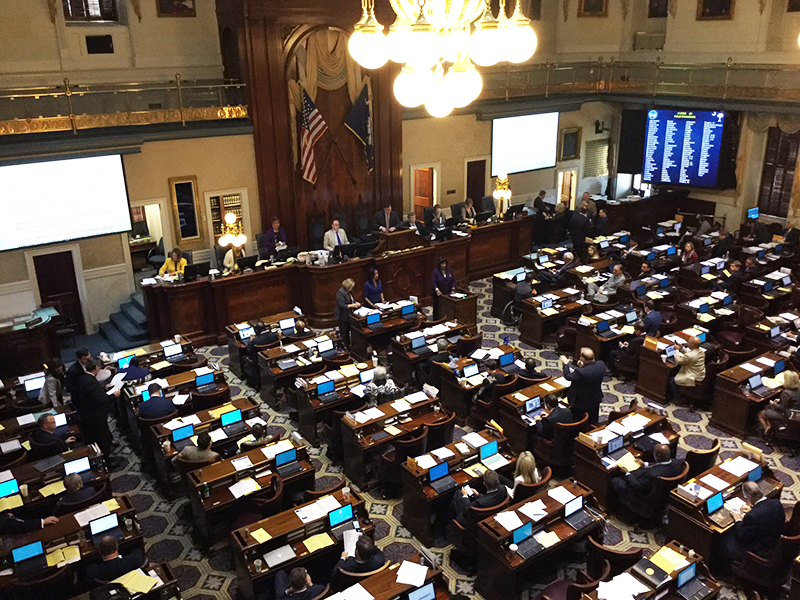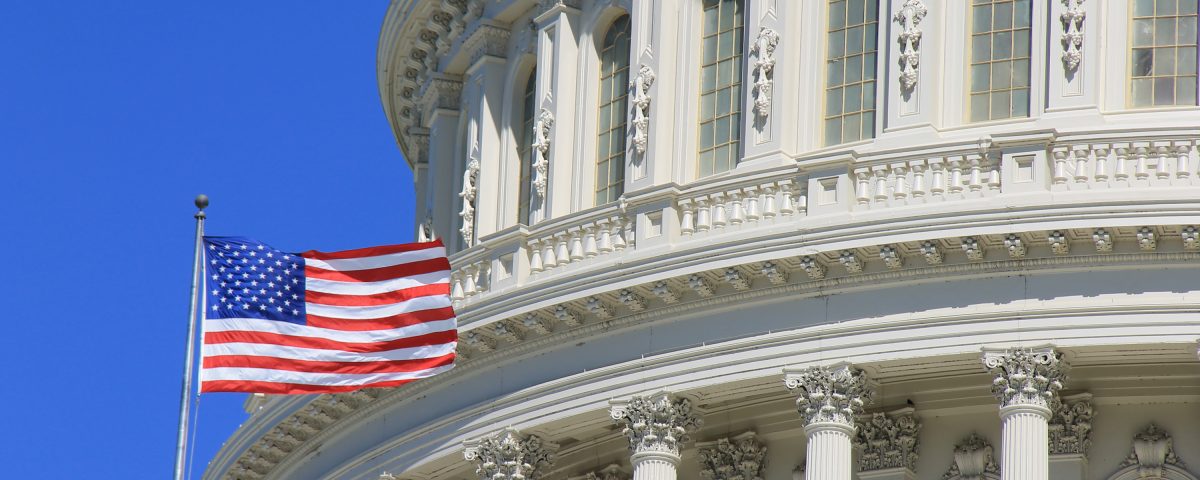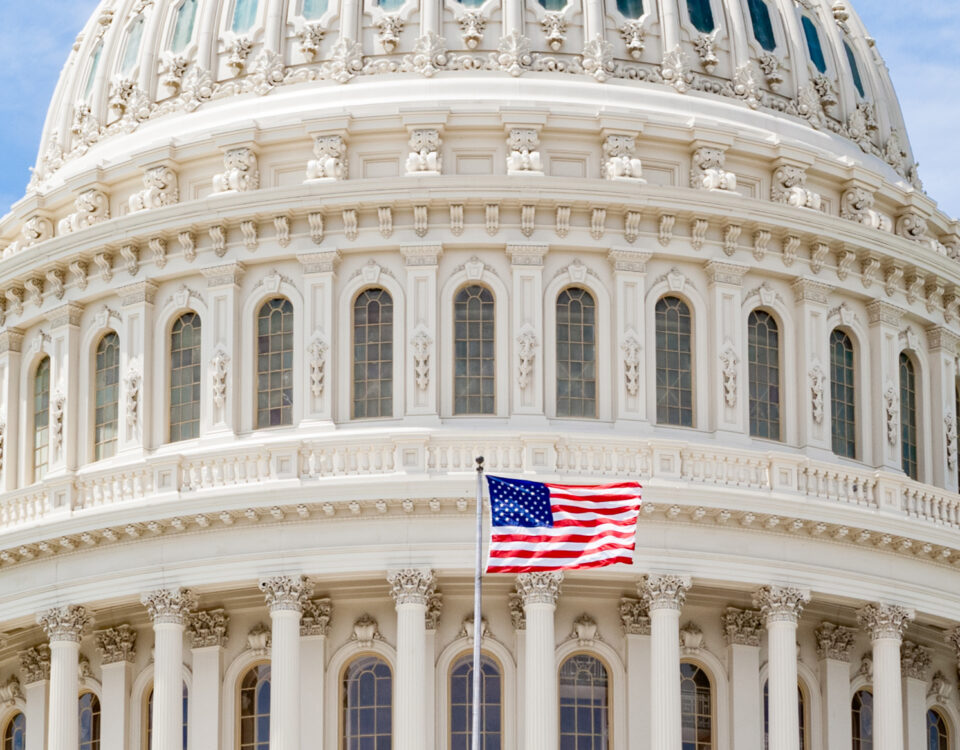
GOP Extends Control of the General Assembly
January 11, 2023
Friday 5: 1-20-2023
January 20, 2023Federal Government Proposes Ban on Noncompete Clauses

Earlier this month, the Federal Trade Commission (FTC) issued a proposed rule that would ban employers from entering into noncompete clauses with workers. The FTC argues that noncompete clauses “… constitute an unfair method of competition and therefore violate Section 5 of the Federal Trade Commission Act.”
This proposed rule would make it illegal for employers to enter into a noncompete agreement with a worker, maintain a noncompete clause with a worker, represent to a worker that they are subject to a noncompete clause, and would require employers to rescind any existing noncompete agreements that they may have. The proposed rule would apply to independent contractors and any individual who works for an employer, whether paid or unpaid.
The proposed rule would overrule laws in 47 states that already regulate these contracts – only California, North Dakota, and Oklahoma do not allow noncompete clauses. The FTC estimates that the proposal would impact 30 million American workers.
As always with labor issues, if you believe this will impact your business, we encourage you to contact your attorneys or a labor law firm to assess the impact and plan your response.
The U.S. Chamber of Commerce was quick to call the proposed rule “blatantly unlawful” and that banning all noncompete clauses “overturns well-established state laws which have long governed their use and ignores the fact that, when appropriately used, noncompete agreements are an important tool in fostering innovation and preserving competition,” according to a statement from Sean Heather, U.S. Chamber senior vice president for International Regulatory Affairs and Antitrust.
The good news for businesses with these types of contracts is that many analysts believe such a wide-ranging rule would have great difficulty surviving the inevitable court challenges.
If you would like to submit a comment, you have until March 10th. For assistance on how to submit comments, please feel free to contact us.



